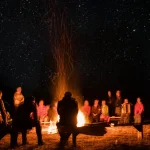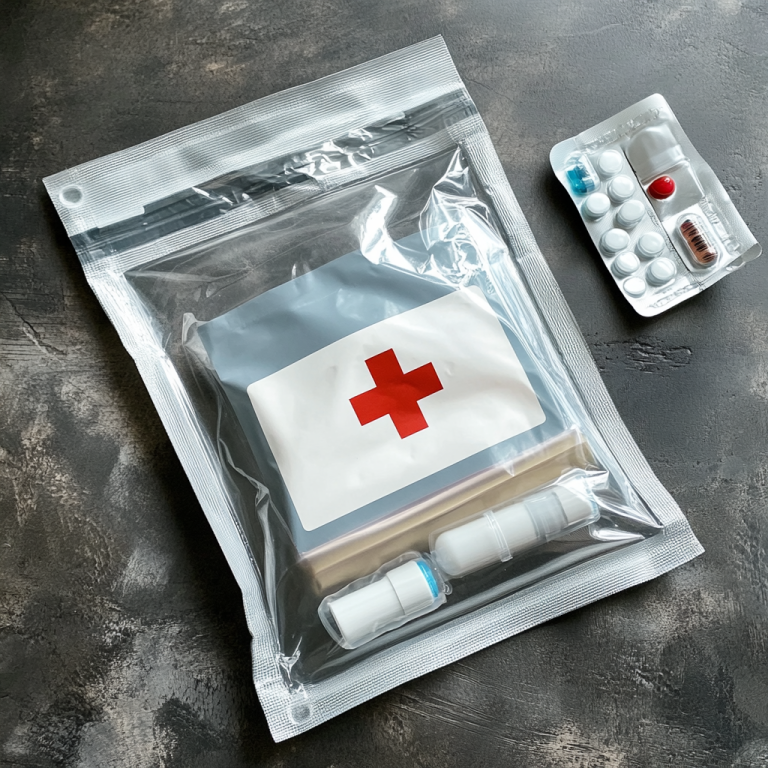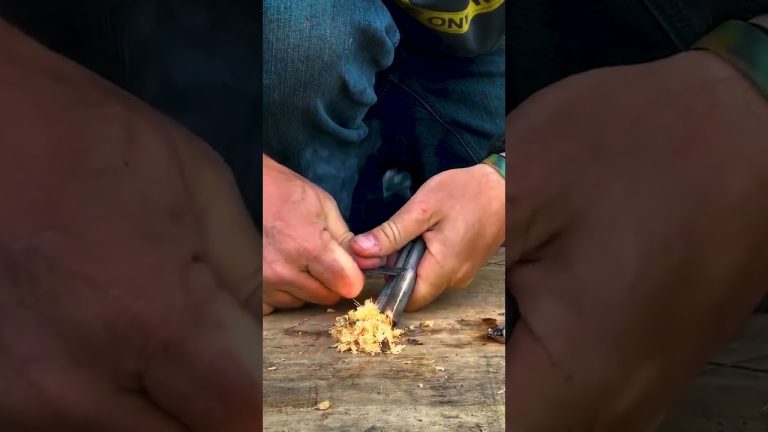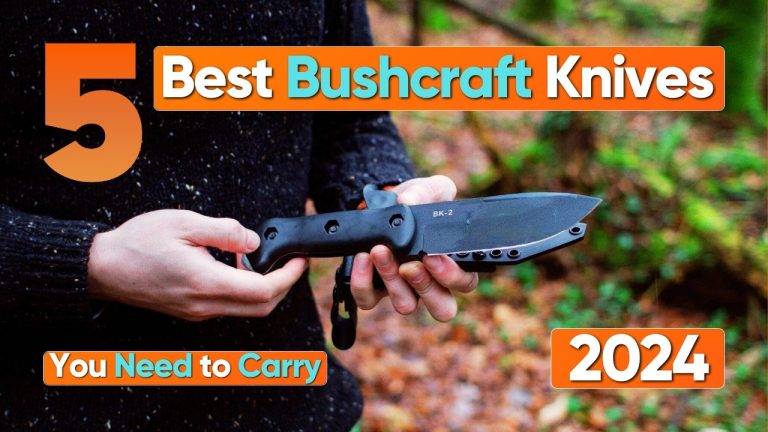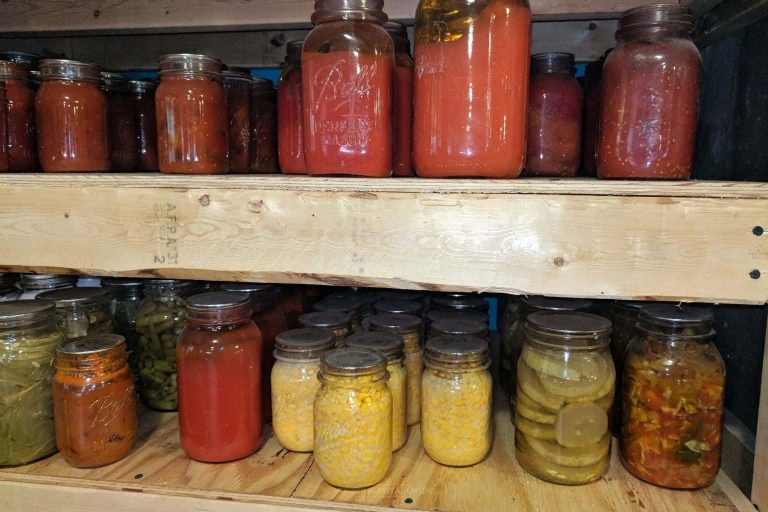Written by Bernie Carr
Living in a bustling city offers many advantages, from diverse cultural experiences to career opportunities. However, city dwellers also face unique challenges, especially when it comes to emergencies or unexpected situations. Whether it’s a natural disaster, power outage, or civil unrest, being prepared with urban survival skills can make all the difference. Here, we explore essential skills that every urban resident should consider mastering to navigate potential crises confidently.
1. Navigation Without GPS
In urban environments, GPS signals can be unreliable during emergencies. Learning how to navigate using landmarks, street signs, and maps can be invaluable. Familiarize yourself with your neighborhood and nearby areas, identifying key landmarks and alternative routes to navigate in case of road closures or gridlock. Learn how to read a paper map and keep maps of areas you frequently visit in your car.
2. Emergency First Aid
Knowing basic first aid can save lives in critical situations. Learn how to administer CPR, stop bleeding, and treat minor injuries. Urban environments can present unique first aid challenges, such as dealing with traffic accidents or responding to medical emergencies in crowded areas. Consider taking a certified first aid course tailored to urban settings.
3. Fire Safety and Fire Escape Plans
High-rise buildings are common in cities, making fire safety crucial. Understand fire escape routes in your building or workplace, and practice fire drills regularly. Learn how to use fire extinguishers properly and educate yourself on fire prevention strategies, such as electrical safety and proper storage of flammable materials.
4. Water and Food Security
During emergencies like water main breaks or contamination issues, access to clean water can become limited. Learn about water purification methods suitable for urban environments, such as boiling, chemical treatment, or portable filters. Additionally, stockpile non-perishable food items and consider how to safely cook without electricity in case of power outages.
5. Self-Defense
While city life offers convenience, it can also expose individuals to higher crime rates. Taking self-defense classes can provide confidence and skills to protect yourself if confronted with a threatening situation. Learn basic self-defense techniques, situational awareness, and how to de-escalate conflicts whenever possible.
6. Communication Skills
During emergencies, communication networks may become overloaded or disrupted. Learn alternative communication methods such as using walkie-talkies, signal mirrors, or even setting up neighborhood communication plans. Stay informed by signing up for emergency alerts and knowing where to find reliable information.
7. Building Community Resilience
Cities are composed of diverse communities. Building relationships with neighbors and participating in community emergency preparedness efforts can enhance overall resilience. Consider joining or forming a neighborhood watch group, participating in local disaster preparedness drills, or volunteering with organizations focused on community safety.
8. Understanding Urban Infrastructure
Cities rely on complex infrastructure for essential services like water, electricity, and transportation. Understand how these systems operate in your city and learn what to do if they fail. For example, know how to safely shut off utilities in your home during emergencies and how to identify potential hazards related to urban infrastructure failures.
9. Psychological Preparedness
Emergency situations can be stressful and emotionally challenging. Practice stress management techniques and develop a positive mindset towards preparedness. Knowing that you have the skills and resources to handle emergencies can alleviate anxiety and help you make clearer decisions during stressful times.
10. Adaptability and Resourcefulness
Urban survival often requires quick thinking and adaptability. Practice improvisation skills and learn how to make the most of limited resources. Develop a mindset that values creativity and resourcefulness in solving problems that may arise during emergencies.
Conclusion
Living in a city offers numerous benefits, but it’s essential to be prepared for unexpected events that can disrupt daily life. By acquiring and honing urban survival skills, you can enhance your ability to stay safe, help others, and effectively navigate challenging situations. Take proactive steps to educate yourself, practice these skills regularly, and contribute to building a resilient community. Remember, preparation today can make all the difference tomorrow.
We are an affiliate of Amazon.com, which means we received a small commission if you click through one of our Amazon links when you shop, at totally no cost to you. This helps keep the lights on at the blog. Thanks!
About the author
Bernie Carr is the founder of Apartment Prepper. She has written several books including the best-selling Prepper’s Pocket Guide, Jake and Miller’s Big Adventure, The Penny-Pinching Prepper and How to Prepare for Most Emergencies on a $50 a Month Budget. Bernie’s latest e-book, FRUGAL DIY has just been released on Amazon. Her work appears in sites such as the Allstate Blog and Clark.com, as well as print magazines such as Backwoods Survival Guide and Prepper Survival Guide. She has been featured in national publications such as Fox Business and Popular Mechanics. Learn more about Bernie here.
FB: https://www.facebook.com/apartmentprepper
Instagram: https://www.instagram.com/apartmentpreppers/
Twitter: https://twitter.com/AptPrepper
YouTube: https://www.youtube.com/channel/UC7vOtdbo-wiBeBxD6puCr1Q
Patreon: https://patreon.com/apartmentprepper
Pinterest: https://www.pinterest.com/aptprepper/
Today’s societal climate not supportive of prepping. With your help, we can keep bringing you content that is often suppressed. Help keep Apartment Prepper alive.
Join me on Patreon for ad-free content.

Or Help out via Paypal








